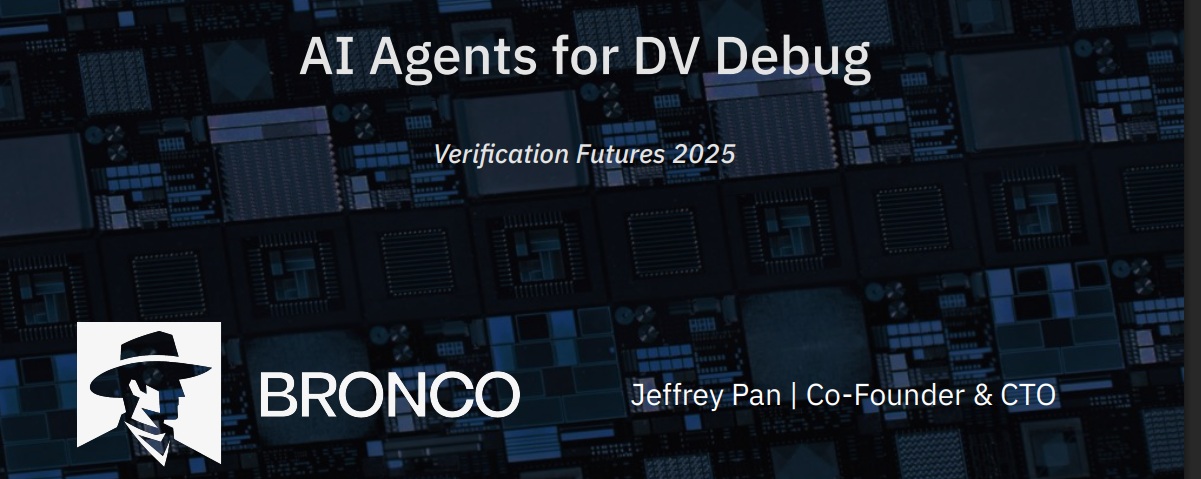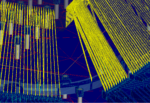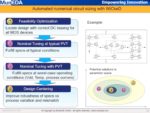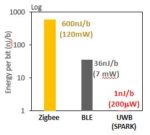The major market drivers of today all have one thing in common and that is the efficient management of data. Whether it is 5G, hyperscale computing, artificial intelligence, autonomous vehicles or IoT, there is data creation, processing, transmission and storage. All of these aspects of data management need to happen very fast.… Read More
 2026 Outlook with Richard Hegberg of Caspia TechnologiesTell us a little bit about yourself and…Read More
2026 Outlook with Richard Hegberg of Caspia TechnologiesTell us a little bit about yourself and…Read More Siemens EDA Illuminates the Complexity of PCB DesignAs heterogeneous multi-die design becomes more prevalent, the…Read More
Siemens EDA Illuminates the Complexity of PCB DesignAs heterogeneous multi-die design becomes more prevalent, the…Read More Accelerating Advanced FPGA-Based SoC Prototyping With S2CHaving spent a significant amount of my career…Read More
Accelerating Advanced FPGA-Based SoC Prototyping With S2CHaving spent a significant amount of my career…Read More Verification Futures with Bronco AI Agents for DV DebugVerification has become the dominant bottleneck in modern…Read More
Verification Futures with Bronco AI Agents for DV DebugVerification has become the dominant bottleneck in modern…Read MoreWEBINAR: Using Design Porting as a Method to Access Foundry Capacity
There have always been good reasons to port designs to new foundries or processes. These reasons have included reusing IP in new projects, moving an entire design to a smaller node to improve PPA, or second sourcing manufacturing. While there can be many potential business motivations for any of the above, in today’s environment… Read More
Traceability and ISO 26262
Since traceability and its relationship to ISO 26262 may be an unfamiliar topic for many of my readers, I thought it might be useful to spend some time on why this area is important. What is the motivation behind a need for traceability in support of automotive systems development? The classic verification and validation V-diagram… Read More
Bonds, Wire-bonds: No Time to Mesh Mesh It All with Phi Plus
Automatic adaptive meshing in HFSS is a critical component of its advanced simulation process. Guided by Maxwell’s Equations, it efficiently refines the mesh to accurately capture both the geometric and electromagnetic detail of a design. The end result is a process that guarantees accurate and reliable simulation results… Read More
Learning-Based Power Modeling. Innovation in Verification
Learning-Based Power Modeling. Innovation in Verification
Is it possible to automatically generate abstract power models for complex IP which can both run fast and preserve high estimation accuracy? Paul Cunningham (GM, Verification at Cadence), Raúl Camposano (Silicon Catalyst, entrepreneur, former Synopsys CTO) and… Read More
Machine Learning Applied to IP Validation, Running on AWS Graviton2
I recall meeting with Solido at DAC back in 2009, learning about their Variation Designer tool that allowed circuit designers to quickly find out how their designs performed under the effects of process variation, in effect finding the true corners of the process. Under the hood the Solido tool was using Machine Learning (ML) techniques… Read More
Numerical Sizing and Tuning Shortens Analog Design Cycles
By any measure analog circuit design is a difficult and complex process. This point is driven home in a recent webinar by MunEDA. Michael Pronath, VP Products and Solutions at MunEDA, lays out why, even with the assistance of simulators, analog circuit sizing and tuning can consume weeks of time in what can potentially be a non-convergent… Read More
Supply Chain Breaks Under Strain Causes Miss, Weak Guide, Repairs Needed
-AMAT -Supply chain can’t keep up with expanding business
-May be longer term issue which will limit upside
-Being tough on vendors may have come back to bite Applied
-Fixing supply chain will likely take longer than the current cycle
Supply Chain issues come home to roost
Applied Materials missed on both earnings and revenues… Read More
The Story of Ultra-Wideband Part 6: The Secret Revealed
This 6-article series started by asking the question: Why did Apple leap ahead of demand in 2019 by designing a UWB transceiver into the iPhone 11? Then in early 2020, why was UWB chip supplier Decawave acquired for an estimated $400-$500 Million? Why are automakers GM, Ford, Toyota, Nissan, Honda, Hyundai, Volkswagen, BMW and … Read More
Podcast EP50: Perforce at DAC
Dan and Mike are joined by Simon Butler, general manager of the Methodics Business Unit at Perforce. Some history of DAC is discussed; what it’s like attending the show both as a small company and a larger one. The products Perforce will showcase at DAC this year are then discussed, The breadth of technology to support design… Read More











AI Bubble?